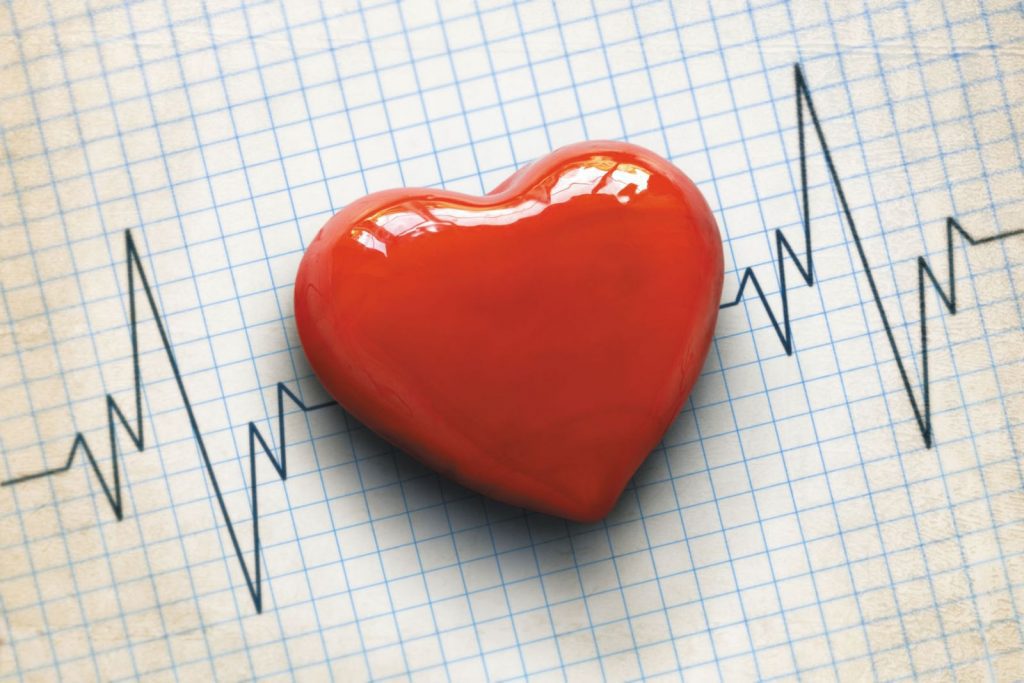Heart disease is the leading cause of death in the United States, causing 1 in 4 deaths. Fortunately, there are things you can do to prevent heart disease and keep your heart healthy.

What is heart disease?
There are many types of heart disease, but the most common is coronary artery disease. With coronary artery disease, the blood vessels gradually get narrower and narrower due to blockage. If they become completely blocked, they fail to supply blood to the heart, causing a heart attack.
Other kinds of heart problems may happen to the valves in the heart, or the heart may not pump well and cause heart failure. Some people are born with heart disease.
Here are a few resources to introduce you to heart disease:
- What Is Cardiovascular Disease?: Explains the different types of cardiovascular disease, from the American Heart Association.
- Heart Disease: A basic summary with links to other resources, from Medline Plus
- Heart Disease Facts: Statistics on how many Americans suffer from the varying types of heart disease, from the Centers for Disease Control and Prevention
- What Is Heart Disease?: A one-minute video explaining heart disease, from the Mayo Clinic
Keeping your heart healthy
Certain people are more likely than others to develop heart disease because of their age, gender, race, or family history; these factors you cannot control. However, Medline Plus lists some things you can do in order to keep your heart healthy and reduce your risk of heart disease:
- Control your blood pressure
- Keep your cholesterol and triglyceride levels under control
- Stay at a healthy weight
- Eat a healthy diet
- Get regular exercise
- Limit alcohol
- Don’t smoke
- Manage stress
- Manage diabetes
- Make sure you’re getting enough sleep
Know your heart age
One way to calculate your risk for heart disease is by figuring out your “heart age.” Your heart age is how old your heart and blood vessels appear to be based on both your uncontrolled risk factors (age, gender, etc.) and the lifestyle choices mentioned above.
For example, someone who is 50 years old could have a heart age of 75 if they are not taking good care of their blood pressure, weight, and heart health. According to the CDC, on average US adults have hearts that are seven years older than they should be. You can learn more about heart age on this CDC page or by watching this 1-minute video.
Want to know your heart age?
Take the Risk Score Calculator on this page by clicking either “Using lipids” or “Using BMI” and filling in your information.
Heart disease symptoms
If you are at high risk for heart disease, you may want to watch out for a few key symptoms. Of course, symptoms are different for each type of heart disease. For a full list of symptoms affecting people with different kinds of heart disease, consult the Mayo Clinic’s Heart Disease page.
Cardiovascular disease symptoms can also be different in men and women. Men, for instance, are more likely to notice chest pain, while women are more likely to have symptoms like shortness of breath, nausea, and fatigue.
In general, you should see a doctor right away if you notice any of the following symptoms:
Chest pain
Shortness of breath
Fainting
Especially in the event of a heart attack, it is extremely important that you recognize symptoms right away so you can seek immediate medical attention. Make sure you know what having a heart attack looks and feels like by watching this animated TED Education video, “What happens during a heart attack?“
Do you know the symptoms of heart failure?
Watch this short video to find out.
Talking to your doctor
If you suspect that you might have heart disease, make an appointment with your doctor. It’s important to plan your doctor’s visit ahead of time so you can make the most of it. Before your appointment, write down a list of symptoms you’re experiencing and whether you have a family history of heart disease. Also, write down a few questions you might have for your doctor – for example:
- What is likely causing my symptoms?
- What tests will I need?
- How often do I need a cholesterol test?
- How do I manage multiple health conditions together?
- Is there a generic alternative to my prescribed medication?
If you and your doctor suspect that you may have heart disease, they will likely perform various types of tests to reach a formal diagnosis. This page from Medline Plus lists the types of tests you might undergo and what to expect from these tests.
Treatment
Depending on the type of heart disease you have, your treatment will vary. This Mayo Clinic page explains that your doctor may recommend any of these three types of treatment:
- Lifestyle changes
- Medications
- Medical procedures or surgery